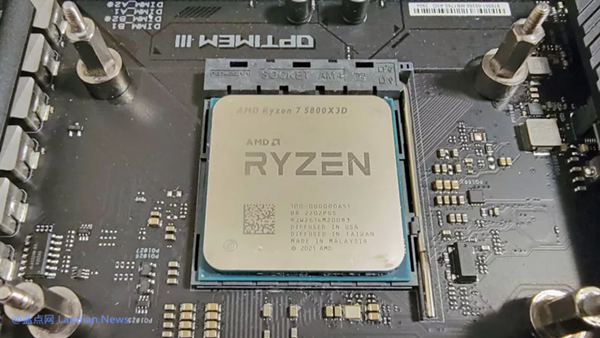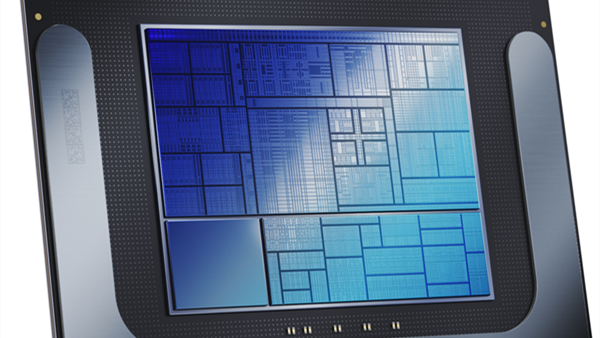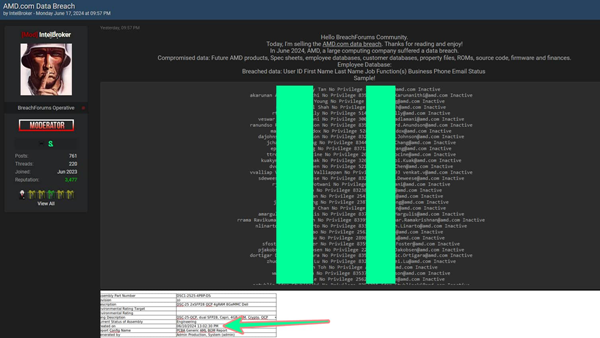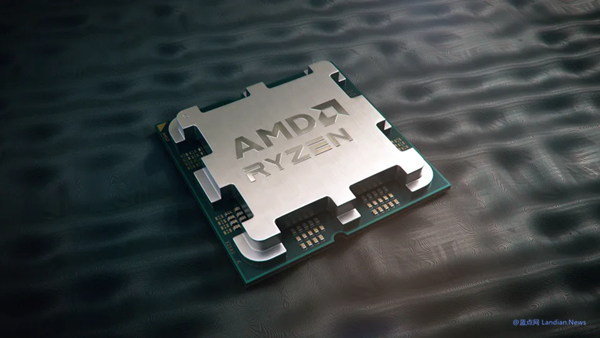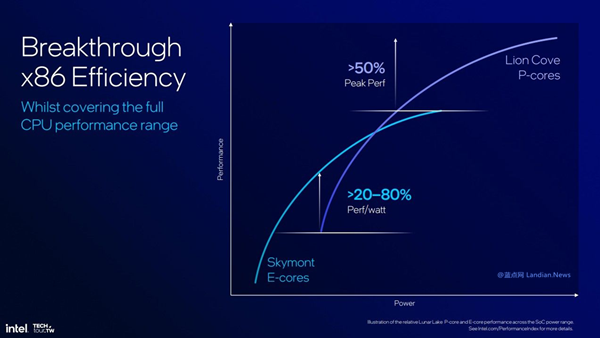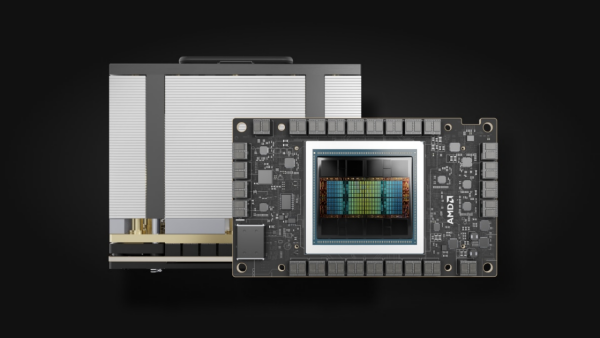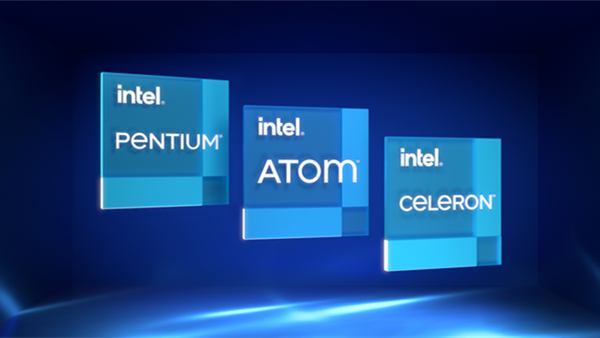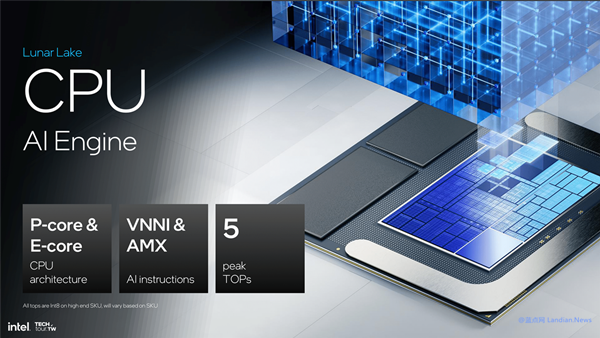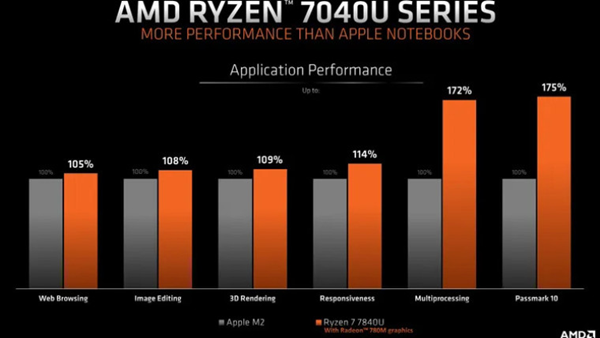AMD Delays Launch of RYZEN 9000 Series Desktop Processors Due to Serious Quality Issues
Processor manufacturer AMD recently announced a delay in the release of its AMD RYZEN 9000 series desktop processors. The postponement is attributed to the discovery of serious quality issues, leading AMD to recall inventory from distributors.
Revealing this information publicly is actually a positive step, preferable to Intel's approach where issues were only identified after widespread market release, followed by over a year of investigation, microcode updates, and the replacement of damaged processors for users.
AMD's Senior Vice President and General Manager of the Computing and Graphics Division, Jack Huynh, stated in the announcement: "The initial inventory sent to our channel partners did not meet all quality expectations, thus AMD had to delay the release to address these issues."
The specific nature of these quality issues remains unclear. However, given that AMD has resorted to a recall, it's likely that the issues are significant. Otherwise, a BIOS update after market release, a method often employed by Intel to fix quality issues, would have sufficed.
The new flagship processors, based on the AMD ZEN 5 architecture, were initially scheduled for release on July 31. Following the delay, AMD will phase in a new release schedule, with the RYZEN 5 9600X and RYZEN 7 9700X set for release on August 8, and the RYZEN 9 9900X and RYZEN 9 9950X on August 15.
Among these, the RYZEN 9 9950X is the highest-performing processor, boasting 16 cores, 32 threads, a base clock of 4.3GHz, a maximum of 5.7GHz, 16MB of L2 cache, and 64MB of L3 cache, with a maximum power consumption of 170W.
For those planning to purchase laptops equipped with AMD processors, there's no need to worry. This announcement only pertains to desktop processors. The RYZEN AI 300 series mobile processors are still set to launch next week as planned.
Should there be issues with the mobile processors, AMD could face significant losses, as these processors are usually integrated into laptops, requiring disassembly for replacement. This would result in substantial labor and time investments for OEM manufacturers.
It remains to be seen how AMD will address these problematic CPUs. If the issue lies with the hardware, recall and repair might not be feasible, potentially rendering them unusable. If peripheral circuitry of the CPU is at fault, such as defective capacitors or resistors, returning them to the factory for replacement, despite being labor-intensive, would be preferable. These processors are produced using TSMC's 4nm process, indicating high production costs.

